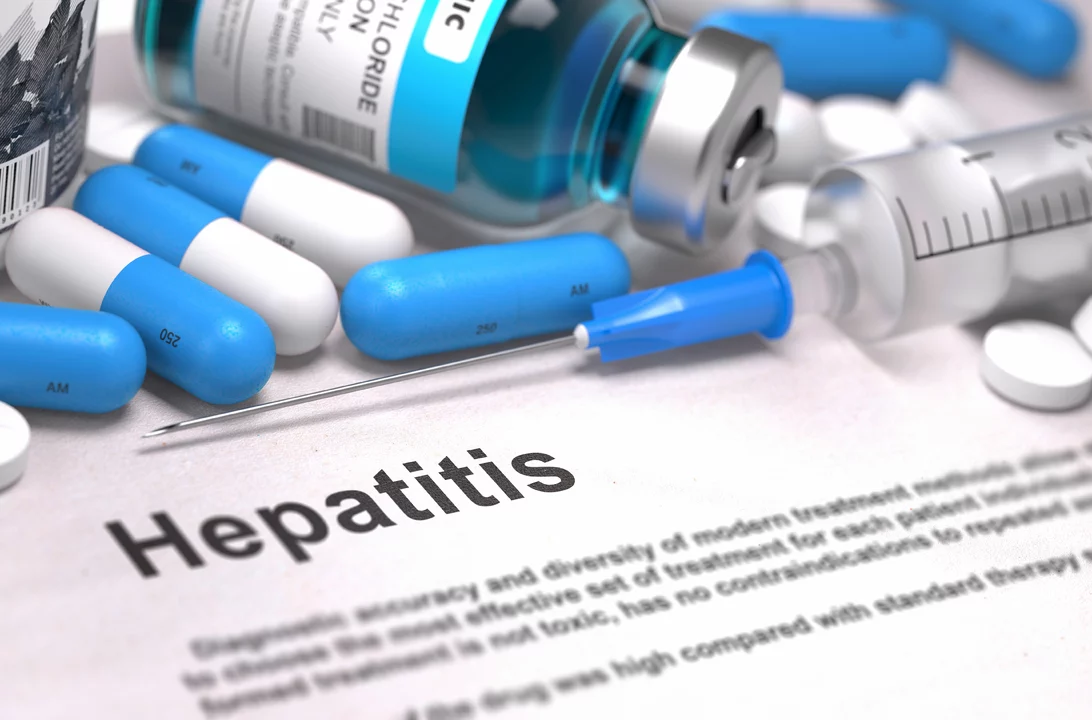Antiviral therapy — what to know, start to finish
Did you know antiviral drugs usually don’t kill viruses outright? They stop viruses from copying themselves so your immune system can finish the job. That makes timing important: start the right drug early and you can cut symptoms, shorten illness, or lower the risk of complications.
Which antivirals treat what?
Different viruses need different drugs. For herpes (cold sores, genital herpes) the common ones are acyclovir, valacyclovir (Valtrex), and famciclovir. For the flu, oseltamivir (Tamiflu) is used if started within about 48 hours. Hepatitis B and C have specific long-term antivirals like tenofovir and direct‑acting antivirals such as sofosbuvir. For COVID-19 there are oral options (Paxlovid, molnupiravir) and IV drugs like remdesivir for hospitalized patients. Each drug has a role — some prevent outbreaks, some shorten illness, and some treat chronic infection.
Antibiotics (like doxycycline or metronidazole) do not work on viruses. If someone offers antibiotics for a viral illness, ask why — that’s a red flag.
How to use them safely
Start treatment as soon as possible when recommended. Many antivirals work best within a short window after symptoms begin. Follow the exact dose and length your clinician prescribes — stopping early or stretching pills can cause treatment failure or resistance.
Watch for drug interactions and side effects. For example, Paxlovid interacts with many heart and cholesterol drugs via liver enzymes. Acyclovir needs dose changes for reduced kidney function. Hepatitis meds often require blood test monitoring. If you take other prescriptions, tell your provider before starting an antiviral.
Buying meds online? Be careful. Look for pharmacies that require a prescription, show a licensed pharmacist, list contact info, and have clear payment and shipping policies. Avoid sites that sell prescription drugs without asking for a prescription or that offer unrealistic discounts. Our site covers safe buying tips and pharmacy reviews if you want more detail.
Know when to see a doctor: high fever, worsening symptoms, symptom onset in very young or older people, pregnancy, or if you have a weakened immune system. For chronic viral conditions like hepatitis or HIV, ongoing specialist care matters — these aren’t one-and-done treatments.
Prevention matters: vaccines, good hand hygiene, safer sex practices, and avoiding close contact when sick all reduce the need for antivirals. If you’re curious about alternatives (for example, other options to Valtrex) or how online pharmacies stack up, check related articles on our site for honest, practical reviews and buying advice.
Use antivirals wisely, ask questions, and keep your prescriber in the loop. That’s the simplest way to get the benefit without unnecessary risk.

